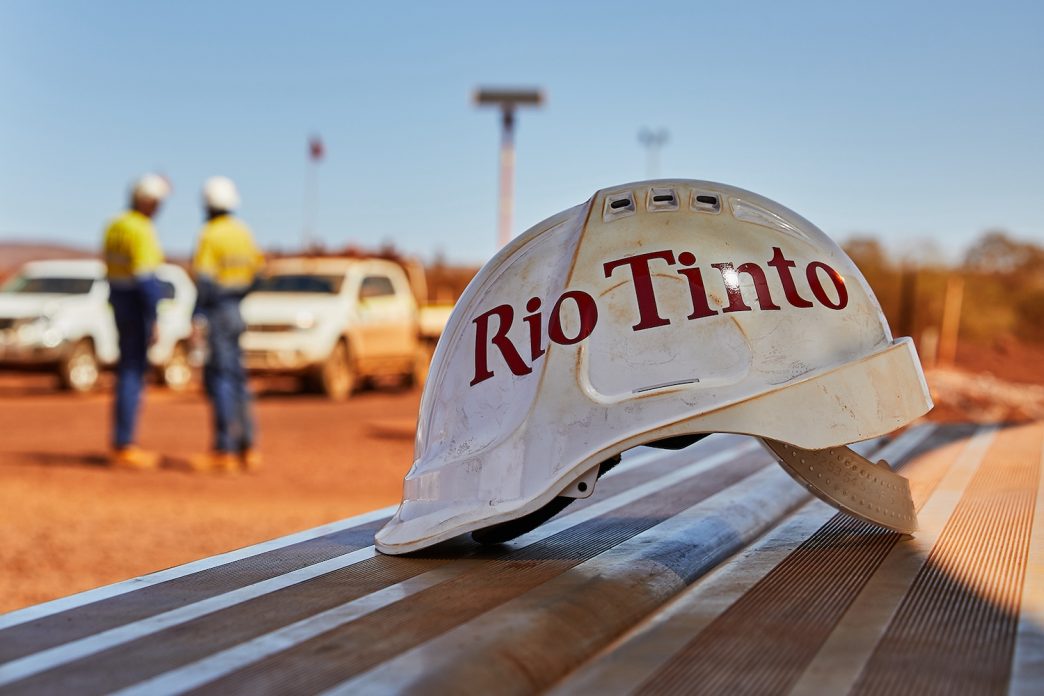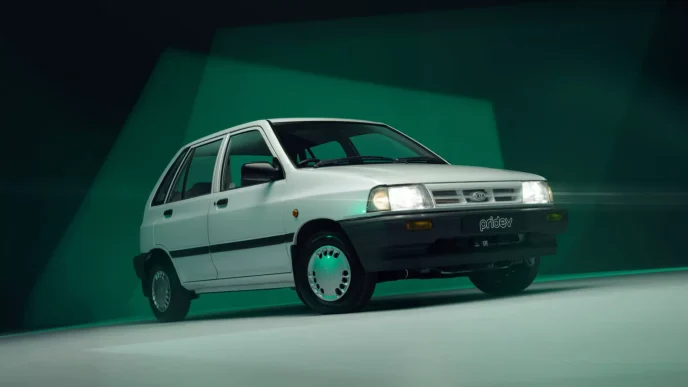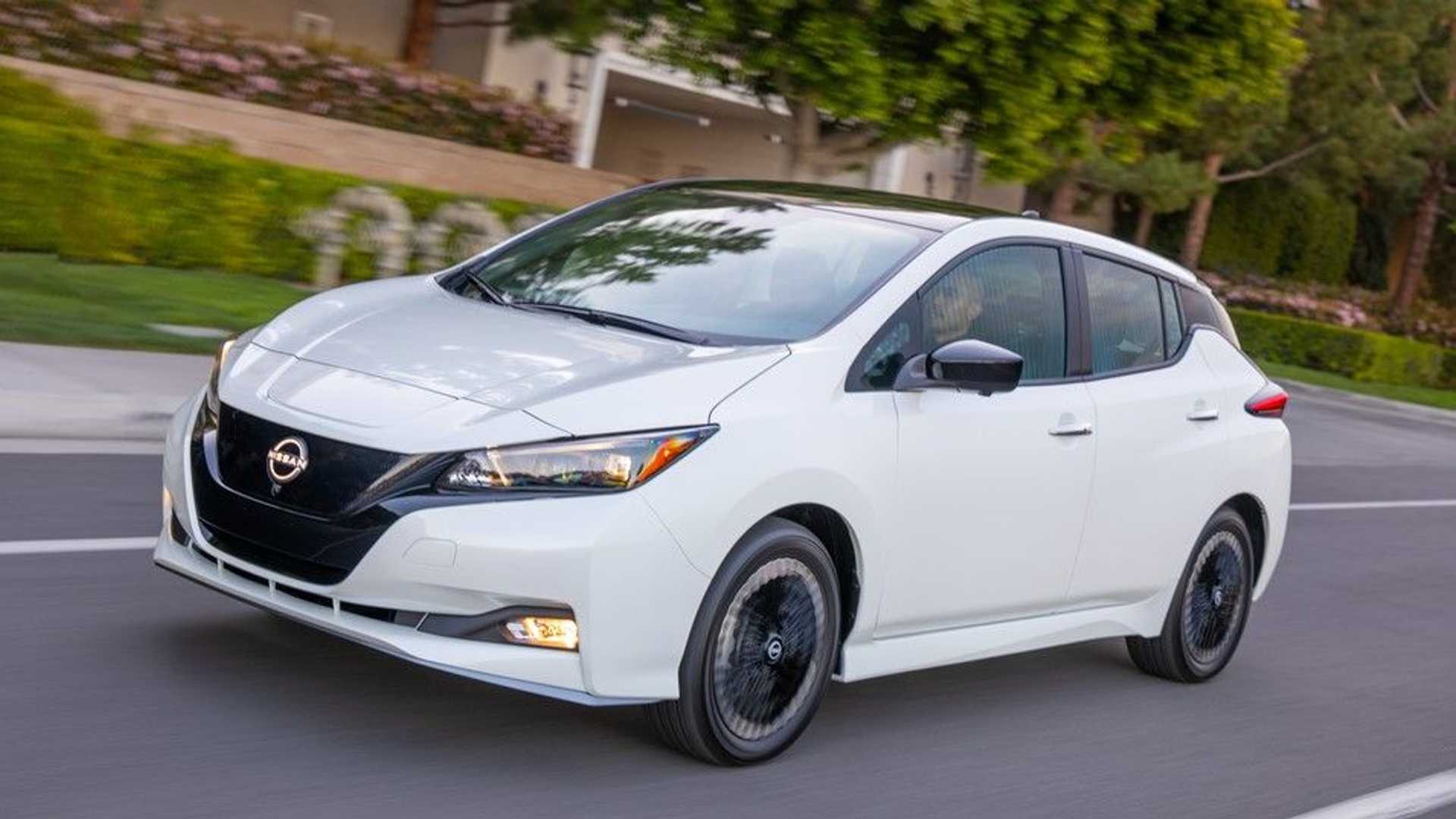Mining giant Rio Tinto has made a strategic move to acquire lithium producer Arcadium, aiming to significantly expand its footprint in the lithium market and strengthen its position in the electric vehicle (EV) battery supply chain. This acquisition could potentially position Rio Tinto as one of the largest lithium producers globally, reshaping the landscape of the electric car battery industry.
Both companies announced on Monday that Rio Tinto had submitted a purchase offer, although financial details of the proposal remain undisclosed. Major shareholder Blackwattle Investment Partners described the bid as “opportunistic,” suggesting that the estimated offer, likely between $4 billion and $6 billion, would “significantly undervalue” Arcadium. The dissatisfaction stems from Arcadium’s share price, which has plummeted over 50% since the beginning of the year, making it an attractive target for acquisition. This decline has been attributed to a significant drop in lithium prices, largely due to oversupply in the Chinese market.
The proposed acquisition comes at a time when lithium is increasingly recognized as a critical raw material for the ongoing transition to electric vehicles, as it is a key component in many EV batteries. While Rio Tinto has traditionally focused on iron ore, aluminum, and copper mining, it has had minimal involvement in the lithium sector, participating only in a lithium project in Argentina. However, the company is in the process of establishing Europe’s largest lithium mine in Serbia, despite facing local opposition.
Acquiring Arcadium would provide Rio Tinto with extensive access to lithium mines, processing facilities, and deposits across four continents. Additionally, it would enable the company to tap into a diverse customer base that includes major automotive manufacturers such as BMW, Ford, General Motors, Tesla, and Toyota, as well as battery suppliers like BTR, Lyten, Panasonic Energy, and SES. This strategic expansion into the lithium market positions Rio Tinto to capitalize on the growing demand for electric vehicles and sustainable energy solutions.











